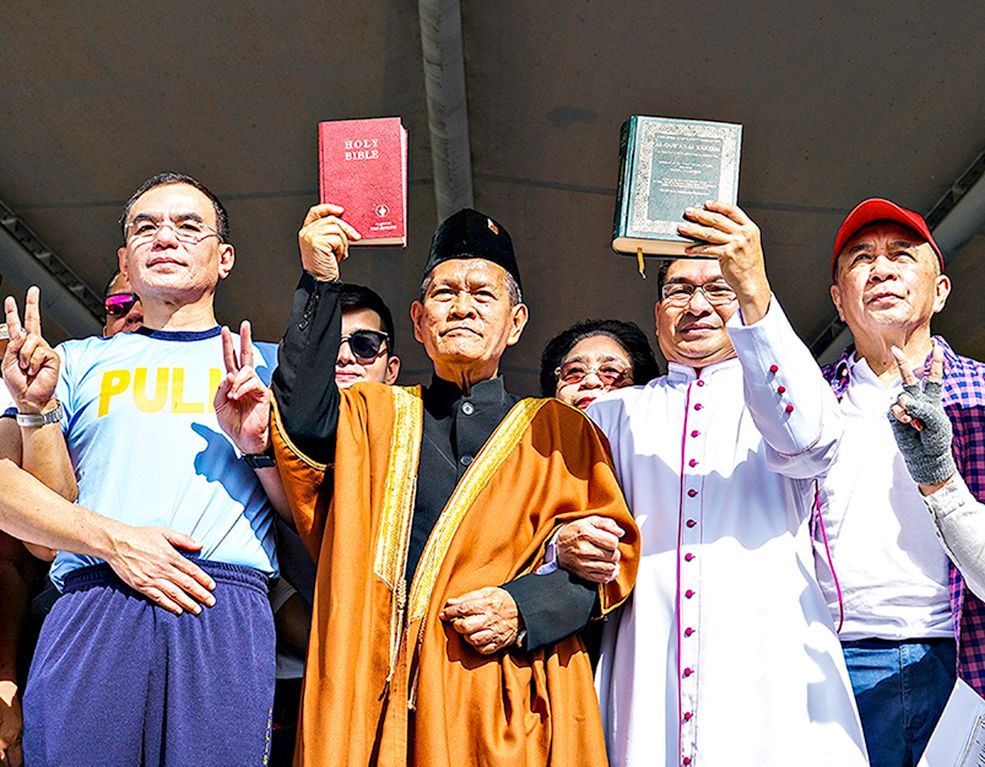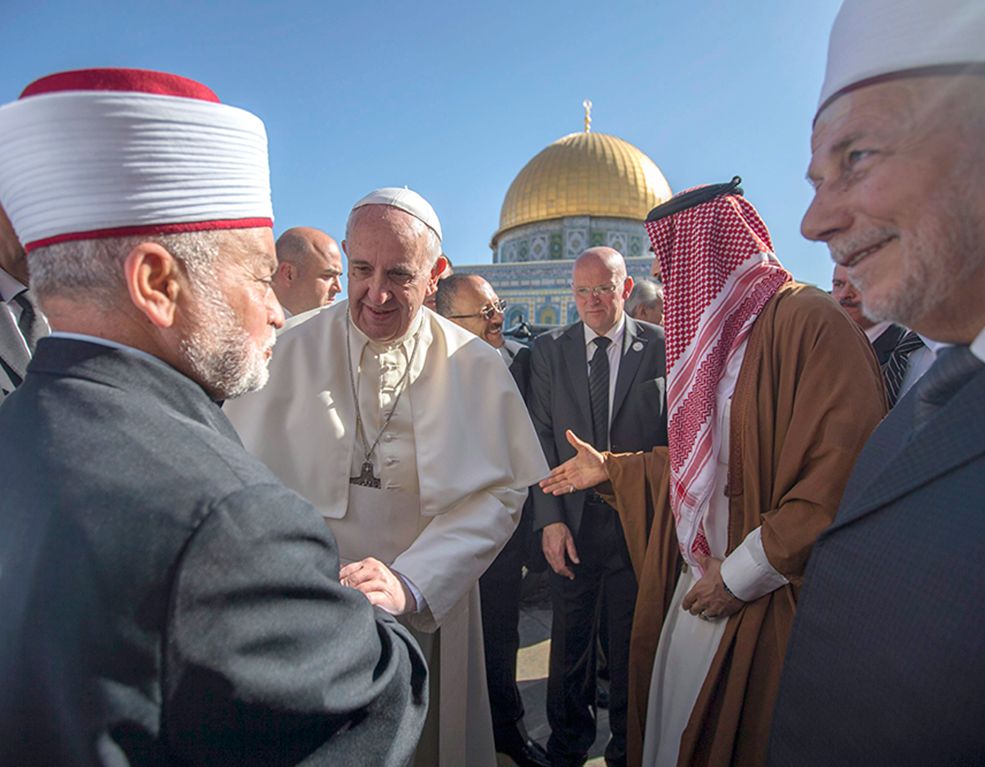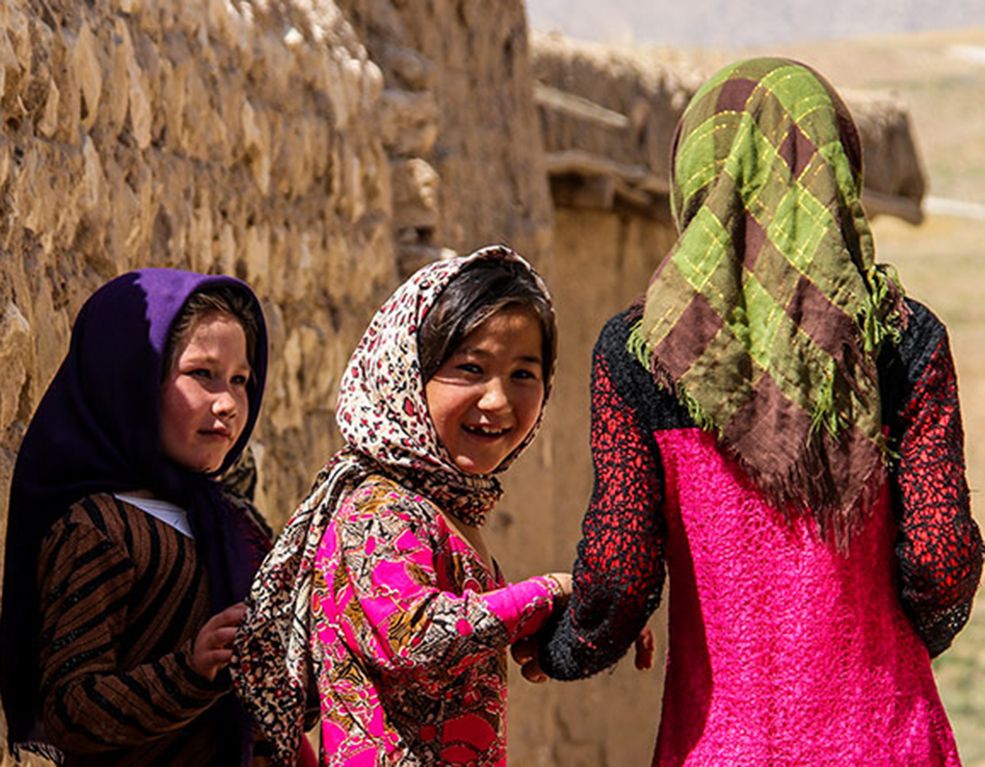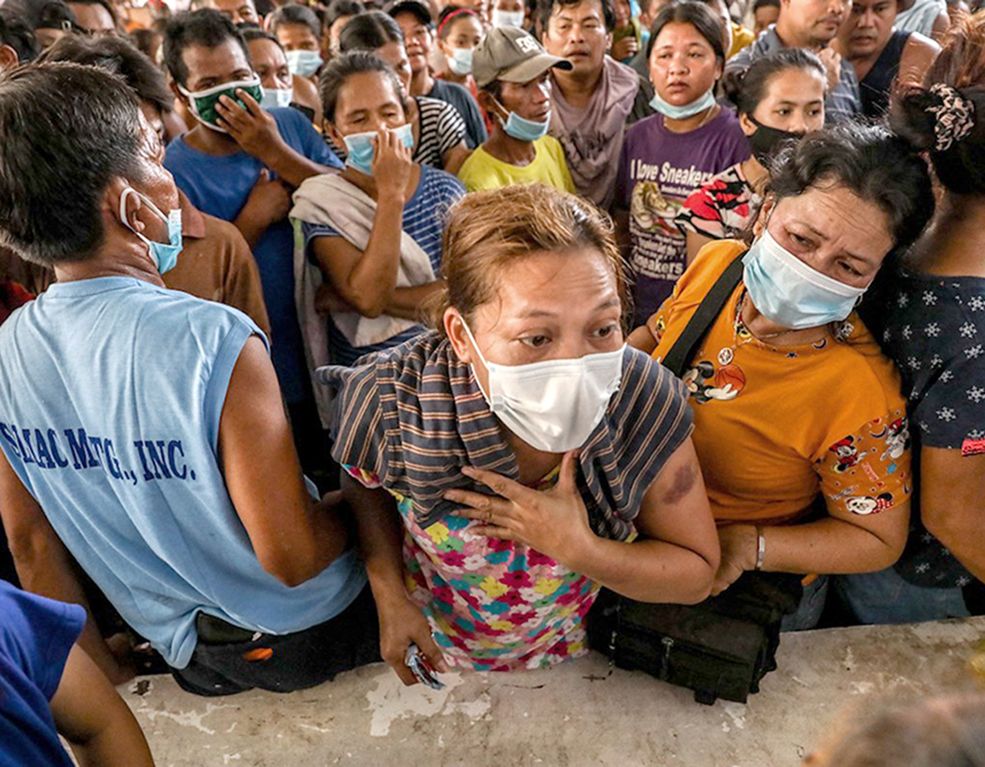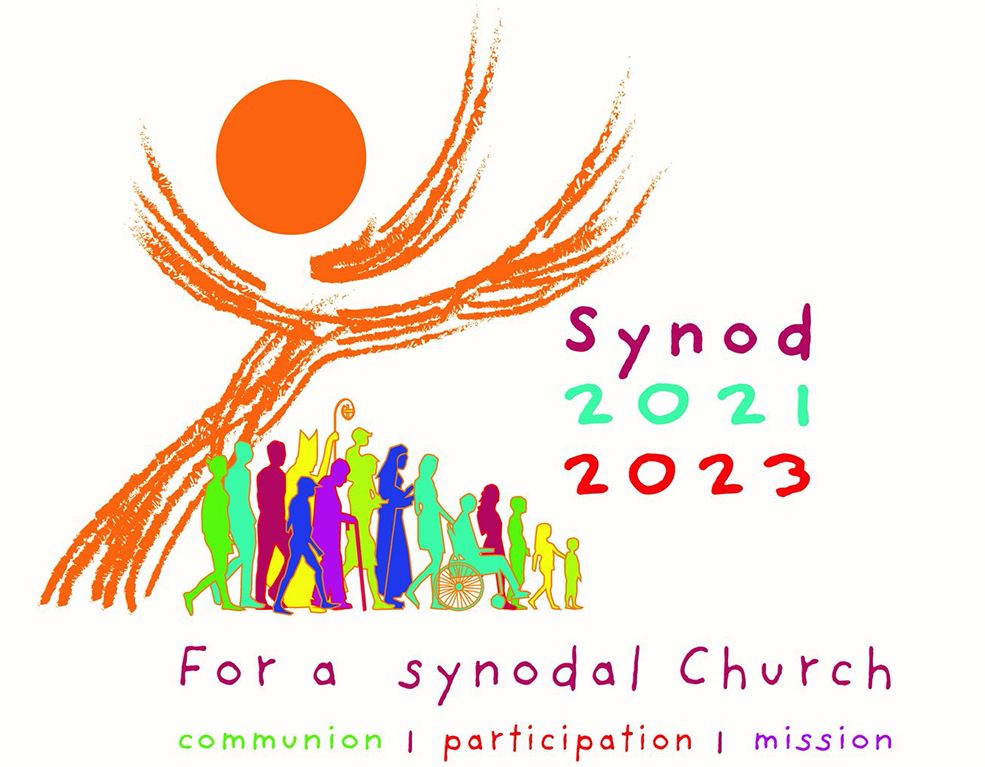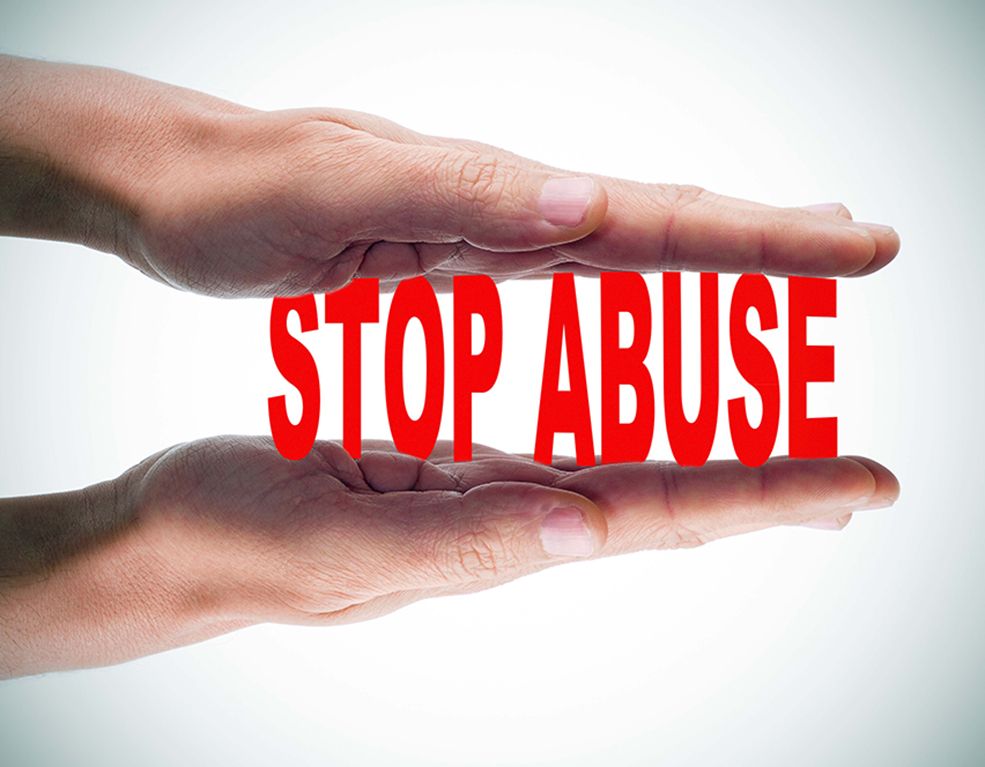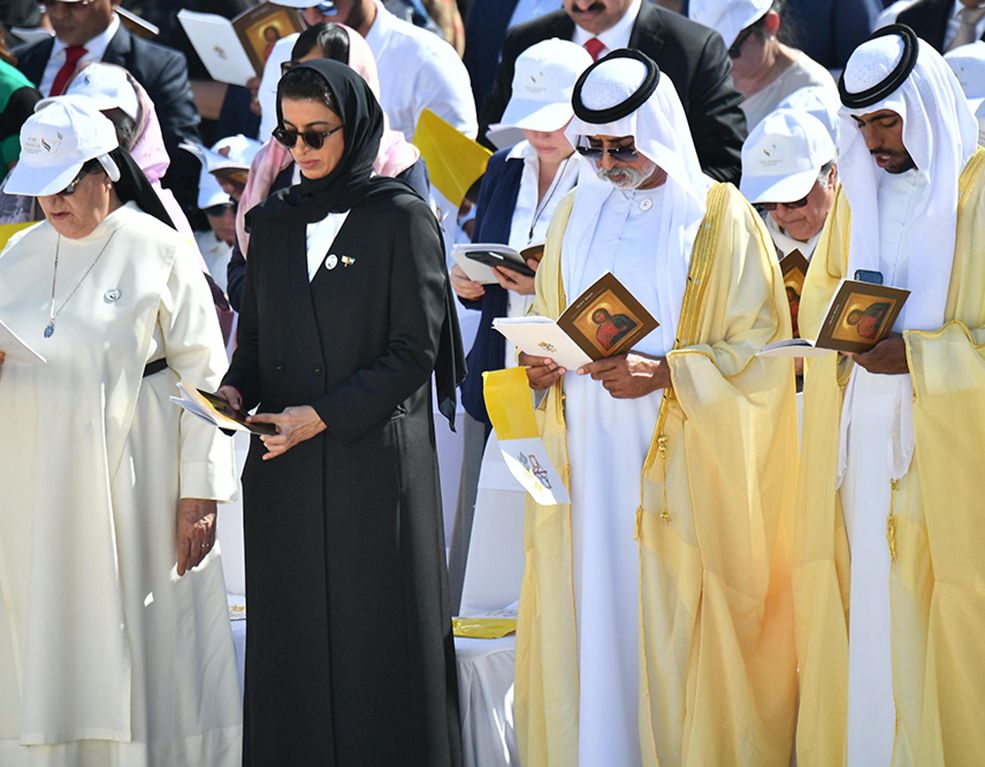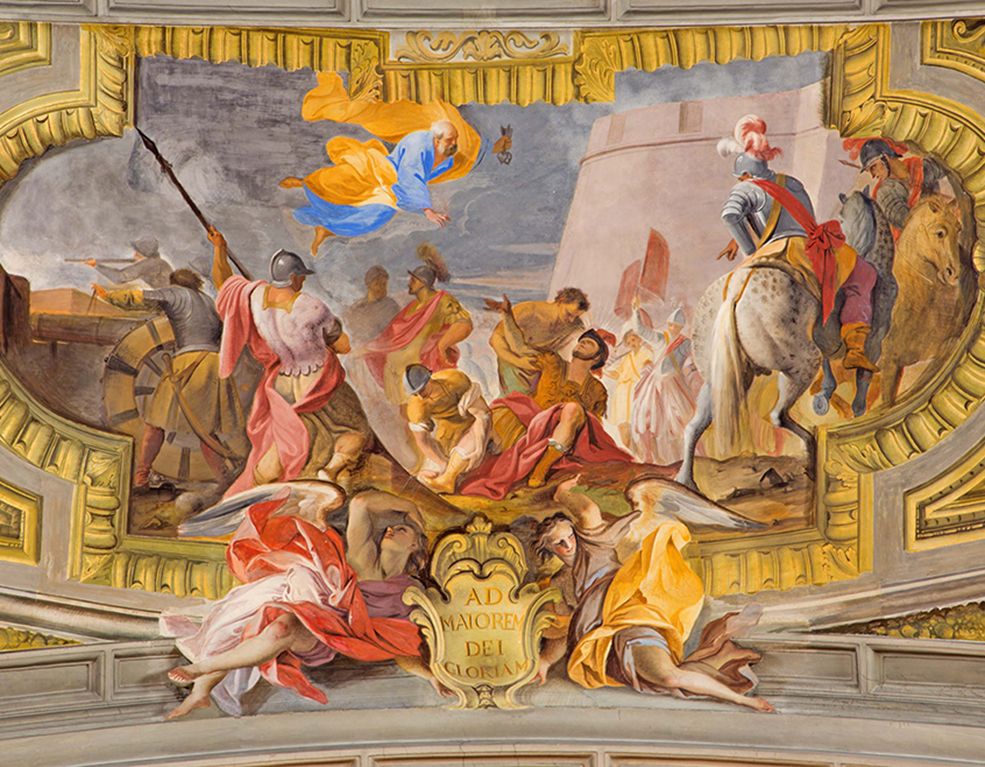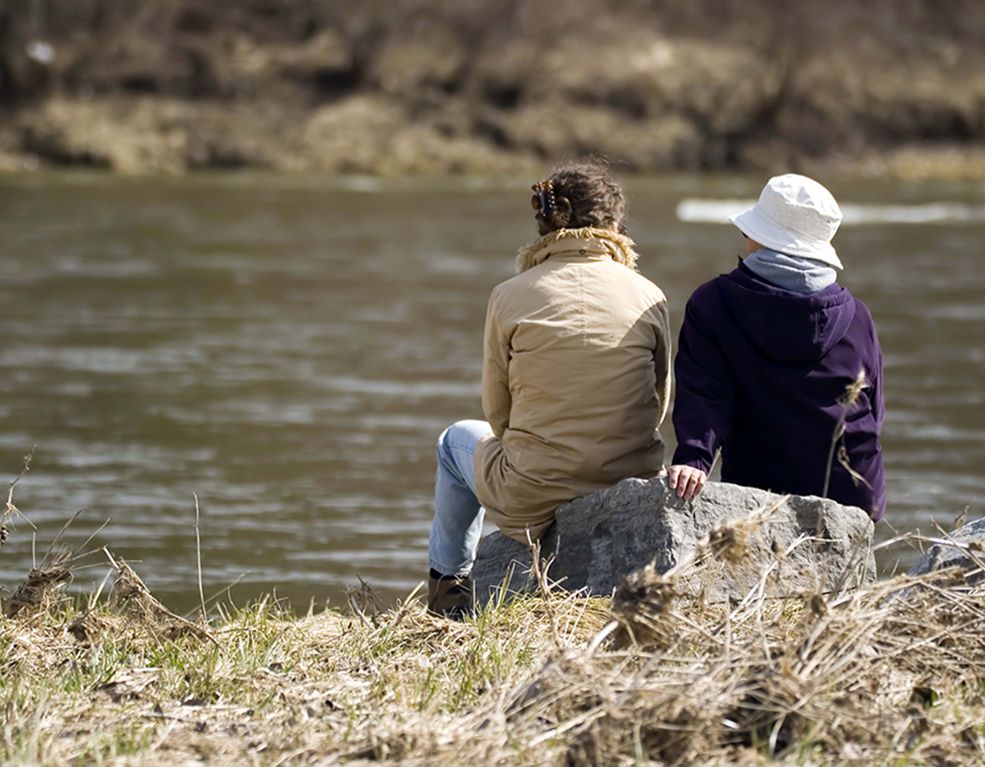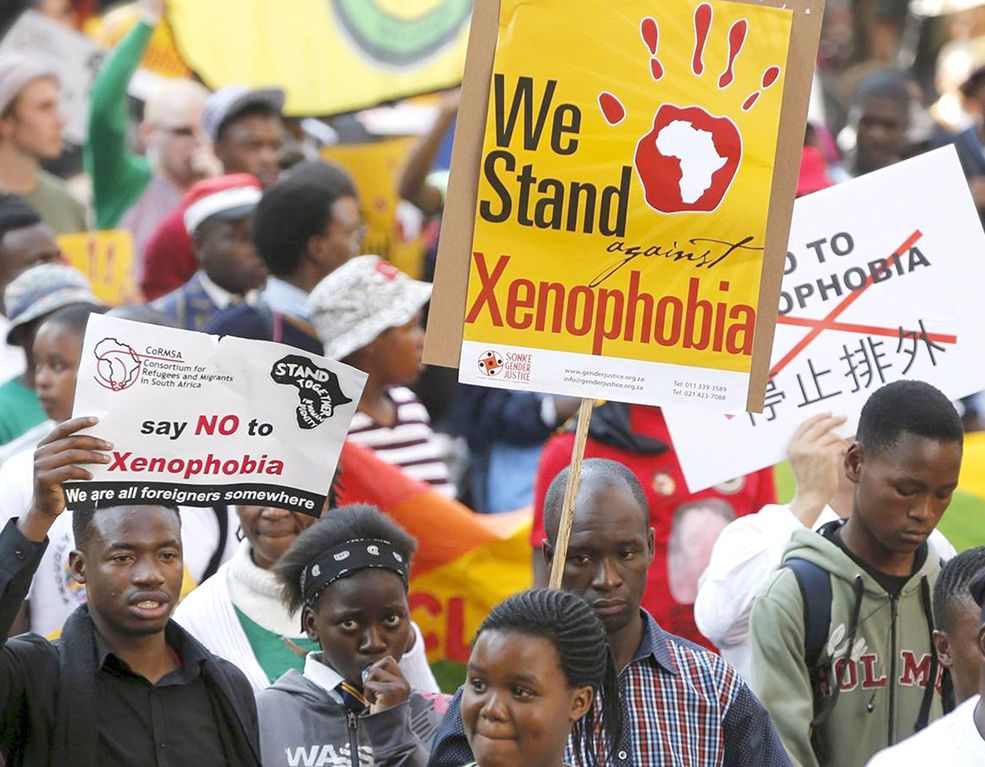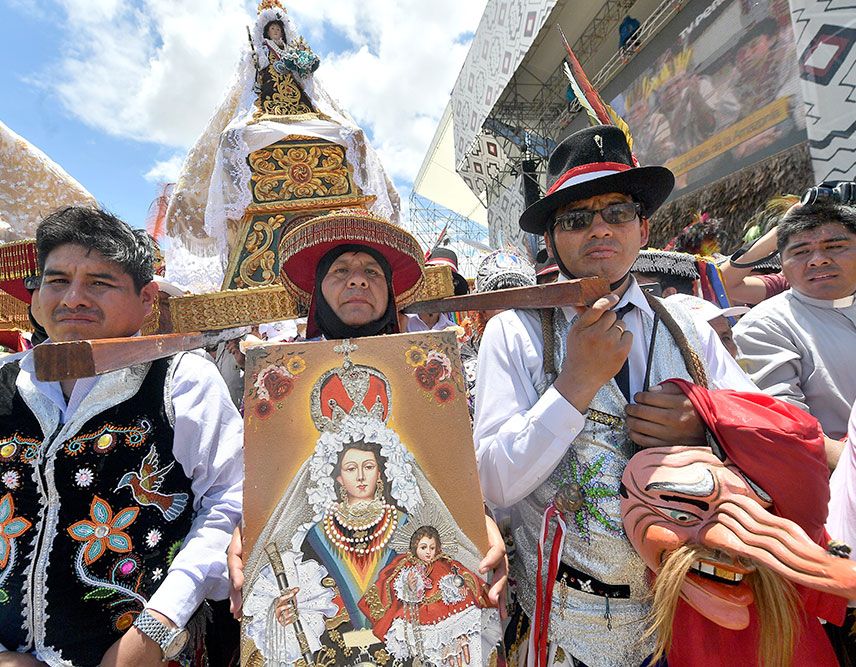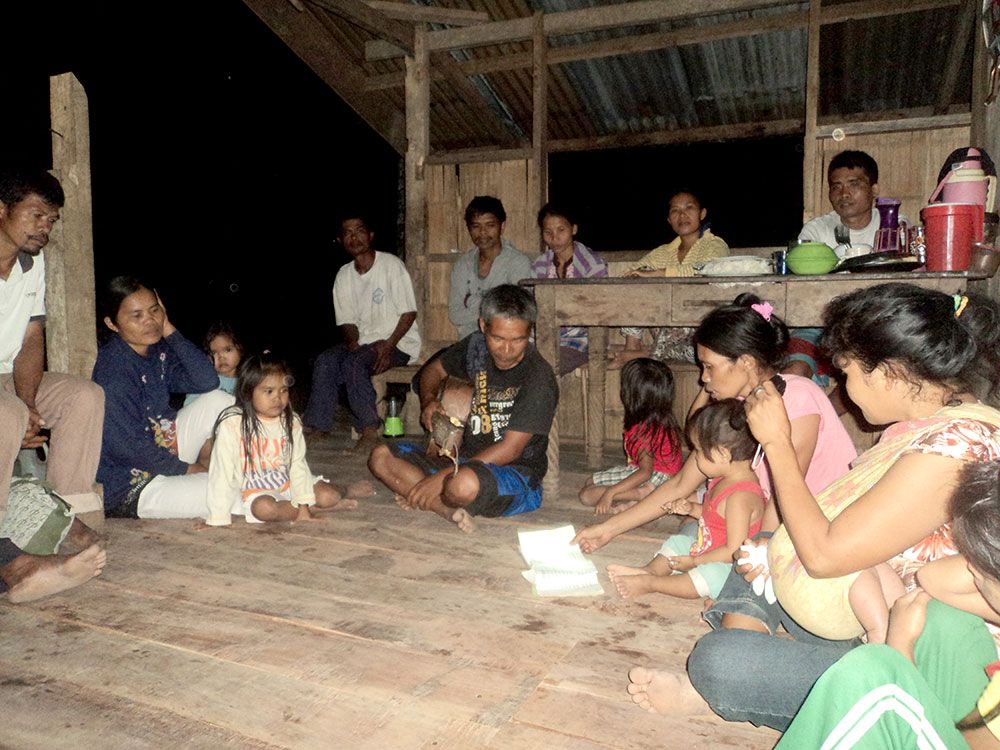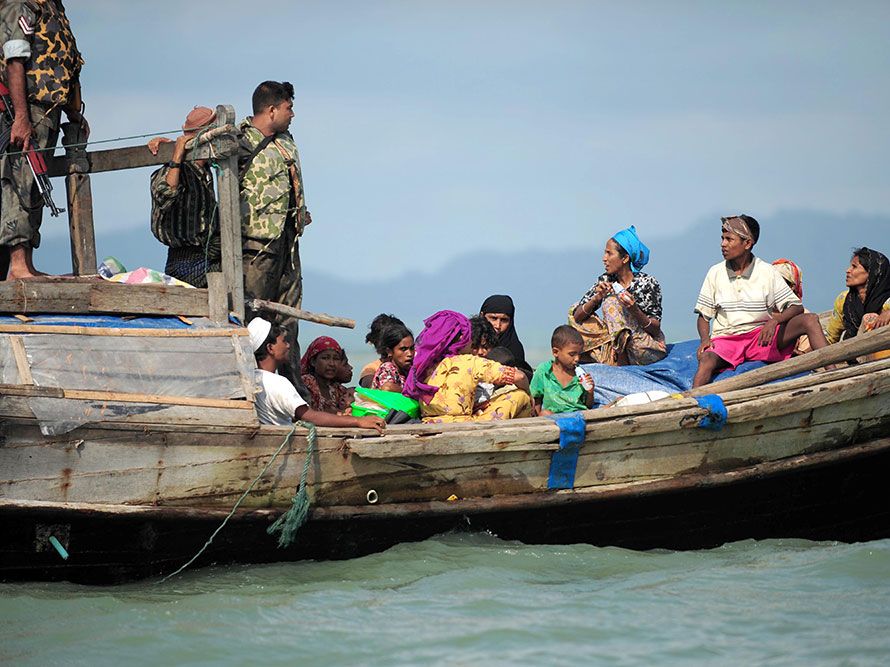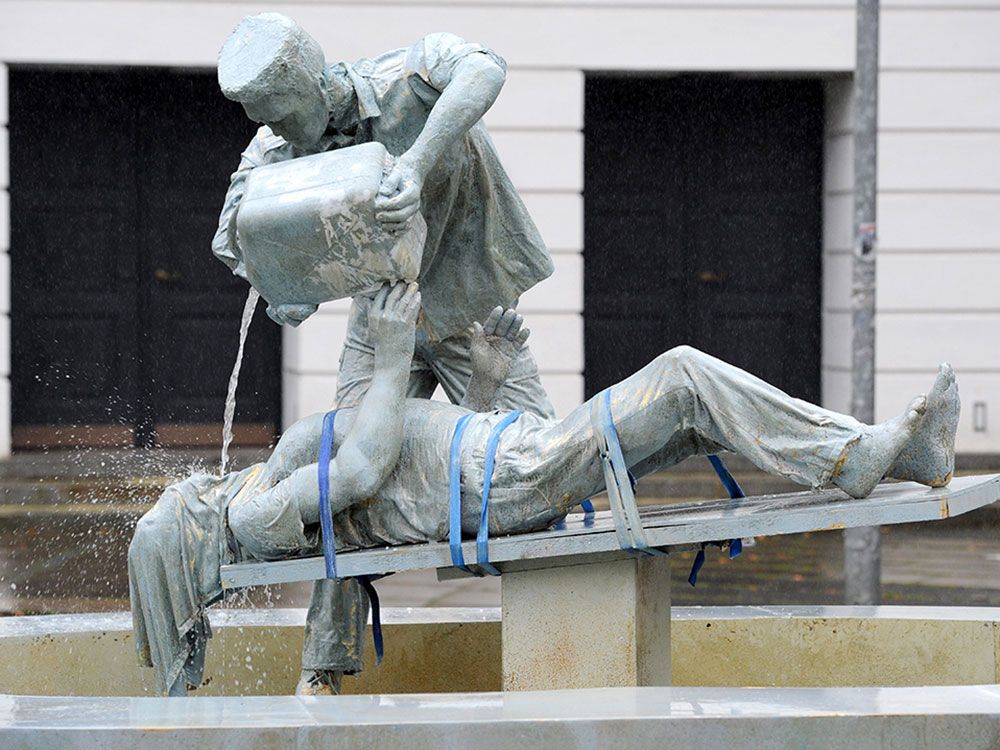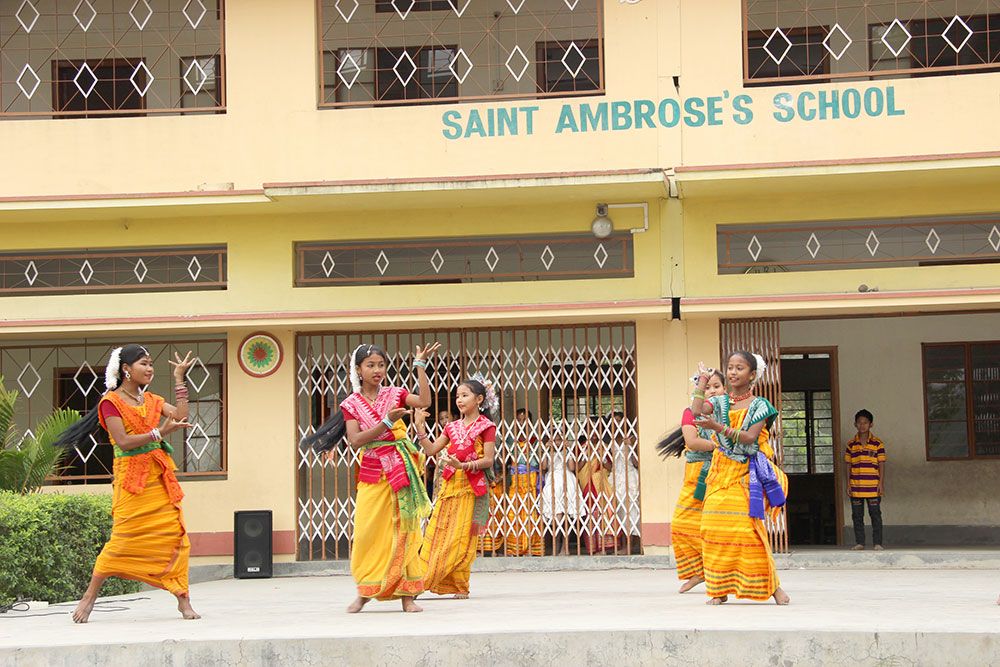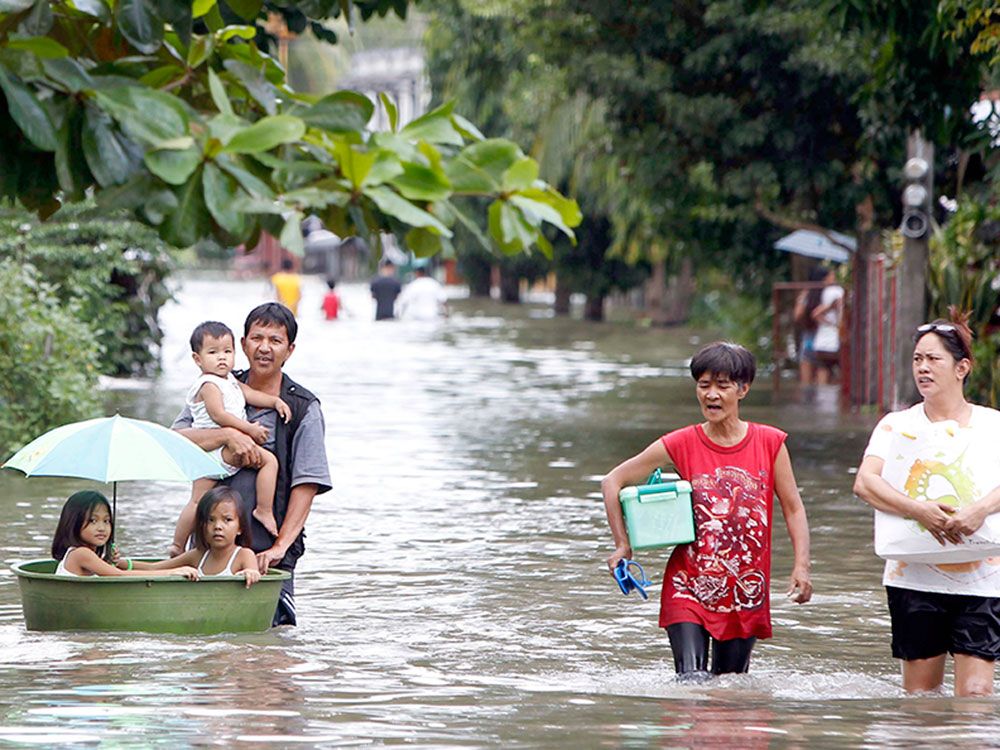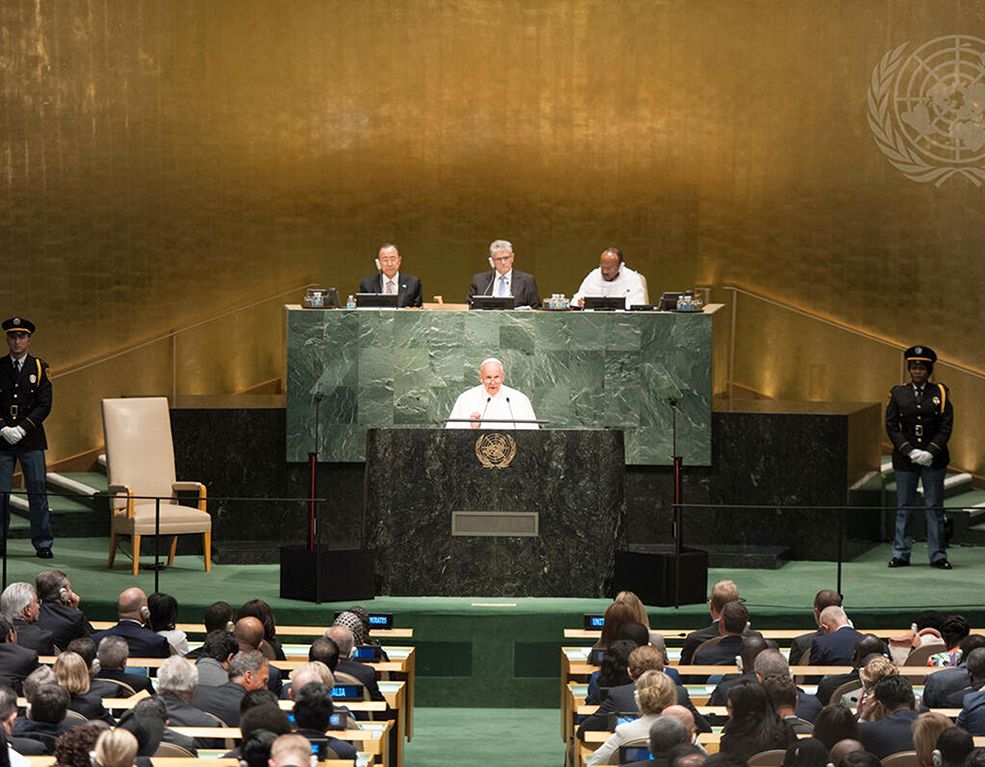Fratelli Tutti is a stark reminder that none of us will be safe if we are not all safe. Only together will we heal this wounded world. By converting to a culture of care, responsibility, of listening, we will emerge from this crisis stronger.
Pope Francis’ previous Encyclical letter, Laudato Si’, also spoke of interconnectedness and responsibility. It demonstrated how Western lifestyles were threatening all forms of life on this planet as we continue to push past planetary boundaries.
One year ago, the Pope convened a Synod on the Amazon to reflect on how neo-colonial consumption of the Amazon’s resources is demolishing cultures, species, and human lives in this part of the world.
At the Amazon Synod, the Pope invited the Catholic community to open ourselves to the perspectives and knowledge that the indigenous peoples could share with us, in order to preserve our planet, our home, and therefore ourselves.
That is the exact moment when we must stand together and draw on our faith. Building on Laudato Si’, Evangelii Gaudium, and the vast body of catholic social teaching, we name the symptoms of our hurt world and how we must address them.
A healthy politics would transform our economy into one that “is an integral part of a political, social, cultural and popular program”. This passing decade has seen a rise in distrust of democratic or multilateral institutions. Pope Francis challenges us to step out of our dangerous trends of building walls, of self-protectionism, nationalism, and isolationism.
He calls on multilateral institutions, on politicians, on governments, but also on individuals to form a new kind of human community. All the clouds can only be cleared if we blow them away, if we find it within our hearts to speak out against them and demand a political change.
We can and must act on the transgressions we witness. We must take our own responsibilities but also demand our political leaders act for the common good and in the pursuit of peace.
Pope Francis invites us to hope, because as he says “Hope is bold,” and to allow ourselves to be open to the world around us because it is in the richness of our diversity and the multitude of voices and ideas that we will build peace.
We should act on our political responsibilities to create space for marginalized voices to take up their place, and allow ourselves to be transformed by their messages. “Politics too must make room for a tender love of others.” (FT, n. 194)
We understand this not just to be addressed to political leaders, but to all of us, to challenge us to become political actors and lead from the heart.

